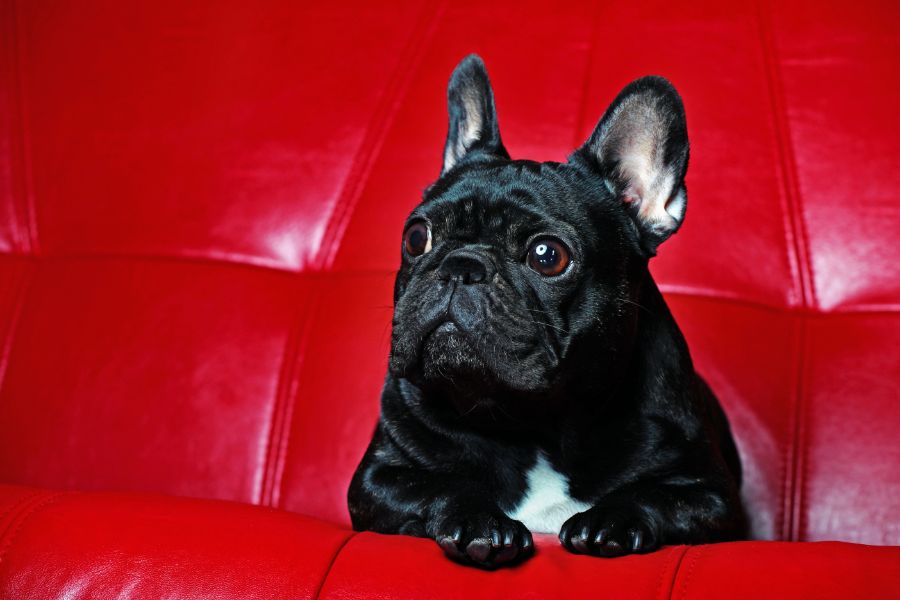The Unpredictable Nature of Pet Anxiety, All Summer Long

We definitely seem to be lacking in certainty these days; but some things do seem to persist no matter what. Most notably (in this instance, at least), is pet anxiety – especially during the summer months.
All but guaranteed to spike around the Fourth of July, a pet’s fear, doubt, stress and yes, anxiety, can have serious health ramifications for your floofer. Be prepared to reduce potential triggers and minimize long-lasting effects so you can better soothe your pet until the threat passes.
Fireworks and Your Pet
The unpredictability and ear-splitting loudness of fireworks can have disastrous consequences for pets. Since pets cannot make sense of the noise, they tend to fear the worst. Again, be sure that your pet cannot escape or run away in fright, or hide in hard to reach places.
Symptoms of noise-related pet anxiety can include:
- Soiling areas inside the home
- Drooling
- Pacing or restlessness
- Panting
- Aggression or destructive behavior
- Increased vocalization, such as whining, whimpering, howling or barking
Left alone, short-term pet anxiety can develop into long-term problems. Owner intervention and support can go a long way, but sometimes veterinary help is needed to steer them to overall wellness. Prescription medication and behavioral training can be helpful in some pets.
Noise Anxiety and Thunderstorms
Thunderstorms are also known to strike fear into the hearts of most animals. They can sense drops in pressure before we can, and respond to a flight or fight instinct. As a result, it’s not uncommon for a pet to attempt escape, get lost, or get stuck in some pretty serious hiding places.
To prevent weather-related pet anxiety, keep an eye on the weather report. If storms are predicted, make sure your pet is safe within the house. If you can’t be there, try to find a friend or neighbor who can stay with your pet during terrifying thunder and lightning storms.
A Safe Space
One of the greatest defenses against pet anxiety is a safe space for them. Pet owners that crate trained their pets can attest to the importance of a safe haven intended just for their pet to feel secure and comfortable in.
A small, quiet room far away from the noise is another great option. Keep the lighting fairly dim, play soft music or turn the TV on. A fan or other white noise is helpful, too.
Always provide cool, clean water to stressed pets, loads of reassurance, cuddles, and even a few treats. If appropriate, try to play with your pet to distract them from threatening noises.
Desensitization
A technique that can reduce symptoms of pet anxiety is called desensitization. Pet owners may try to play recordings of frightening sounds, such as firework displays or thunder claps, while giving their pet praise and treats, in order to desensitize them. Once they begin to associate the noises with positive experiences their triggers may be reduced.
Pet Anxiety
It’s not easy to help your pet through episodes of utter fear, but once you know the triggers of pet anxiety you can better help your best buddy.
If you have additional questions or concerns about your pet’s, please contact our team at East Sacramento Veterinary Center.
